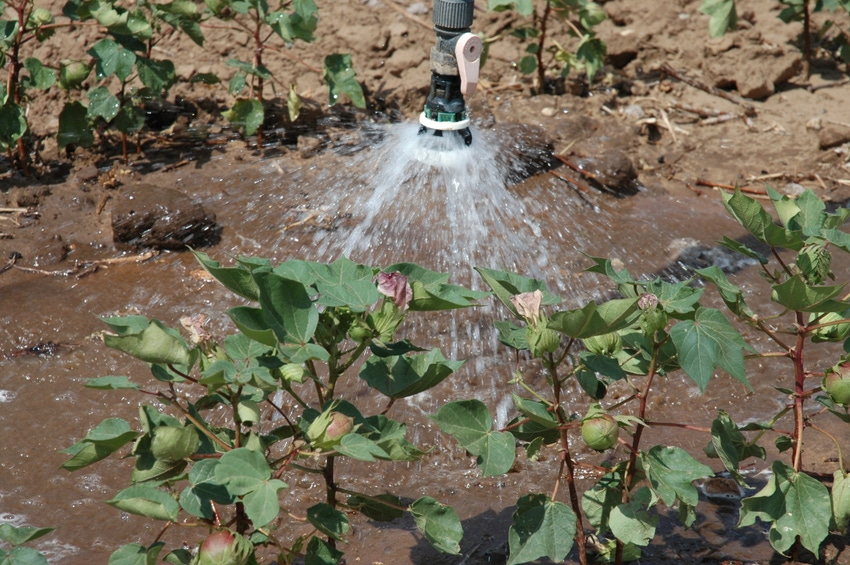
During the annual meeting of the Rio Grande Compact, a three state commission charged with deciding how water from the Rio Grande will be shared by stakeholder states including Colorado, New Mexico and Texas, arguments flared over water rights and how to deal with a relentless drought that has plagued farmers, ranchers, communities and Native America tribes across the Southwest in recent years.
The meeting in Santa Fe included federal representatives and water officials from the three states in the Compact. The tri-state Compact Commission was formed in 1939 between the governors and legislators of the three states. The group has long been the defining authority of how water from the Rio Grande is shared between the member states.
The accomplishments of the Compact Commission and cooperation between the member states through the years has been credited with allowing state and local authorities to maintain autonomous management over the river with little federal involvement.
But as drought conditions continue to worsen, waters of the Rio Grande increasingly fail to meet the demands of users up and down its 1,900-mile journey from southern Colorado south to the Gulf of Mexico. City water boards and utility districts, a few industrial users, agricultural irrigators, and Pueblo tribes all have a stake in the river and a lack of rain and snow in recent years plus increased demand have diminished river levels significantly.
For the latest on water and other critical issues, please check out Southwest Farm Press Daily and receive the latest news right to your inbox.
A number of federal water experts addressed Compact Commissioners in Santa Fe March 20 and referred to what they termed dire circumstances for all river stakeholders. They testified that the river has been stretched beyond its limits in recent years and warned water resources have become critical throughout the Southwest and will adversely affect all water users.
Are more water regulations coming?
While commissioners are willing to work together to better manage the river, tensions mounted between representatives from Texas and New Mexico over a current disagreement that has recently been elevated to the Supreme Court level.
Texas officials have charged that as river levels have dropped because of the weather, farmers in the mid-basin area of New Mexico have increased pumping ground water to replace lost irrigation allotments from the river. They argue that since groundwater in that area helps in recharging the river, the action is causing Texas to receive less water than is guaranteed by the Compact.
New Mexico State Engineer Scott Verhines expressed disappointment that Texas felt the need to elevate the issue to the high court. Texas filed a federal lawsuit last year to prevent continued pumping unregulated groundwater throughout the river's basin, which they say was hampering the flow of water down river.
New Mexico Attorney General Gary King countered the claim and argued groundwater was being pumped down the length of the river including in Texas, and said that groundwater was not part of the Compact agreement with other states.
While Texas officials say farmers near the river in Texas pump some groundwater, the practice does not affect users down river because Texas is the last to share the water before it drains into the Gulf.
Officials in New Mexico say they fear involving the federal courts in water matters could set a precedent that may force the reallocation of how the water is shared by the three-state stakeholders and that could mean less water for New Mexico users.
In addition, New Mexico officials fear the high court could rule that groundwater in the basin must become part of the Rio Grande Project. That project consists of a number of dams and miles of canals that distribute surface water to farmers in New Mexico and Texas.
King has said it is better if the states involved in the Compact make decisions about the technical aspects of the issue and leave federal authorities out of the mix. But Stuart Somach, an attorney representing Texas in the case, argued it was better for the Supreme Court to decide who is wrong and who is right and following that ruling technical aspects of the Compact can be mutually decided.
He said the disagreement was a simple matter of allowing all the water earmarked for Texas to be allowed to pass down the river without being reduced through groundwater pumping. He said if the two states can not agree on whether groundwater pumping is restricting Texas' share of the water, then the courts should be allowed to rule on the issue.
Court officials say a legal battle could be lengthy and warn it could be years before a final decision is rendered.
Also of interest:
Kansas agencies working on 50-year water plan
New grants available from USDA to help communities meet water challenges…
About the Author(s)
You May Also Like




